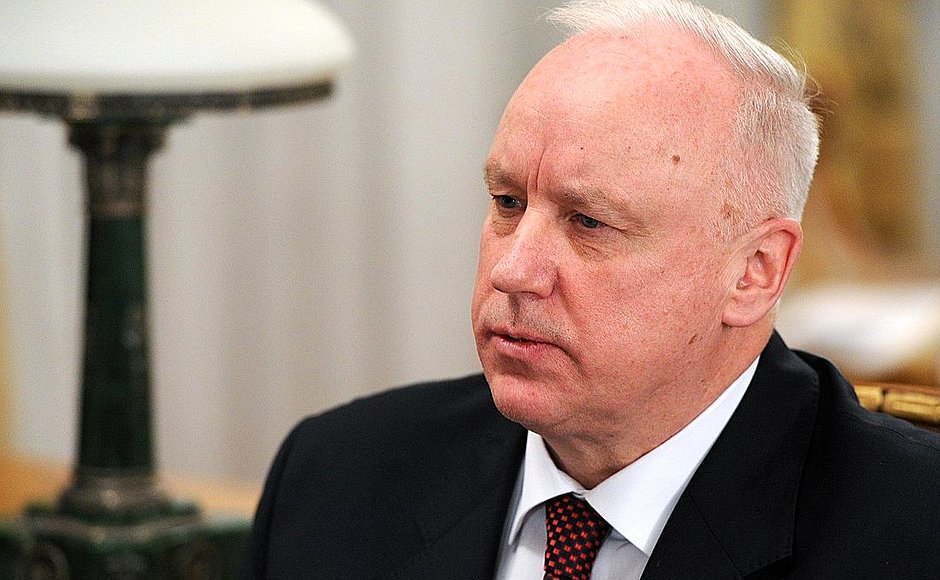On Monday, Alexander Bastrykin, head of the Russian governmental Investigative Committee, published an article in the Kommersant daily. In it, he has suggested that the state should introduce criminal punishment for “illegal issuance and circulation of cryptocurrencies” as a means to combat the “hybrid war”, which is allegedly being waged against Russia by the West, under the command of the USA.
“We know from our experience that virtual cryptocurrencies are often used to finance terrorism. Such cryptocurrencies don’t have a central issuer, a single point of control over transactions and are characterized by the anonymity of all payments,” Bastrykin wrote, “Additionally, after becoming widespread, such currencies can supplant legitimate money from the market, which in turn endangers the financial stability of the state. Given all that, it’s recommended to introduce criminal punishment for illegal issuance and circulation of cryptocurrencies and other money surrogates.”
Russian government’s stance on Bitcoin, which up until now has been quite ambiguous, has been the subject of many news articles over the last few years. The Ministry of Finance, on the one hand, was opposed to cryptocurrencies right from the start and has been moving forward several times with suggestions of imprisonment for up to 7 years.
At the same time, Russia’s Central Bank head Elvira Nabiullina has taken a more moderate stance, without proposing any bans so far.
It’s important to note that Bastrykin’s article is his own personal initiative and as such carries no legal power. However, considering his high position and the usual lack of publicity from the Russian officials of his ranking, the article may potentially be a signal of the government taking a more defined stance.
Some people have claimed that this may be an attempt at testing ground before going ahead with the actual legislation, which would mean that things are looking grim for Bitcoin in Russia.
Other suggestions of Bastrykin
Besides proposing the ban on cryptocurrencies, Bastrykin has suggested other measures in his article, that some may see as radical: introducing a uniform state-level ideology, applying Internet control practices similar to those of China, blocking websites without due court process and many others.
Bastrykin’s article opened with him mentioning the recent increase in statistics of crimes of terrorist and extremist nature. He claims that that is a direct consequence of the intentional destabilization of the political climate in Russia and neighboring countries, conducted by the US and its allies.
According to Bastrykin, that destabilization is achieved through the means of informational, economical and juridical “warfare”.
The head of the Investigative Committee maintains that the largest threat for the post-Soviet countries comes specifically from the alleged information warfare and thus suggests retaliatory measures of information control.
One of his first suggestions is the creation of a concept of a “unified national idea” whose mission should be to unite the “multinational Russian people”. Such concept, Bastrykin continues, should include short- and long-term measures of “ideological education” of the coming generations.
Controlling the Internet, like China
The former is followed by recommendations on how to control information flows on the Internet. Unified standards of storing data for Russian Internet providers, restrictions on the users’ ability to access websites with “extremist materials” from public hotspots, extrajudicial blocking of websites - such are the measures of Internet control that Bastrykin offers Russia to inherit from China’s experience.
It doesn’t get better as the author suggests to widen the spectrum of criminal articles associated with “extremist” activities on the Internet. He then goes on to claim that the modern evidentiary technology somehow allows the courts to confirm the connection between real people and digital messages sent by them.
After all of the above, the suggestion of imprisonment for historical and political views which are not in alignment with some of the state’s “official stances” should not come off as a surprise.

